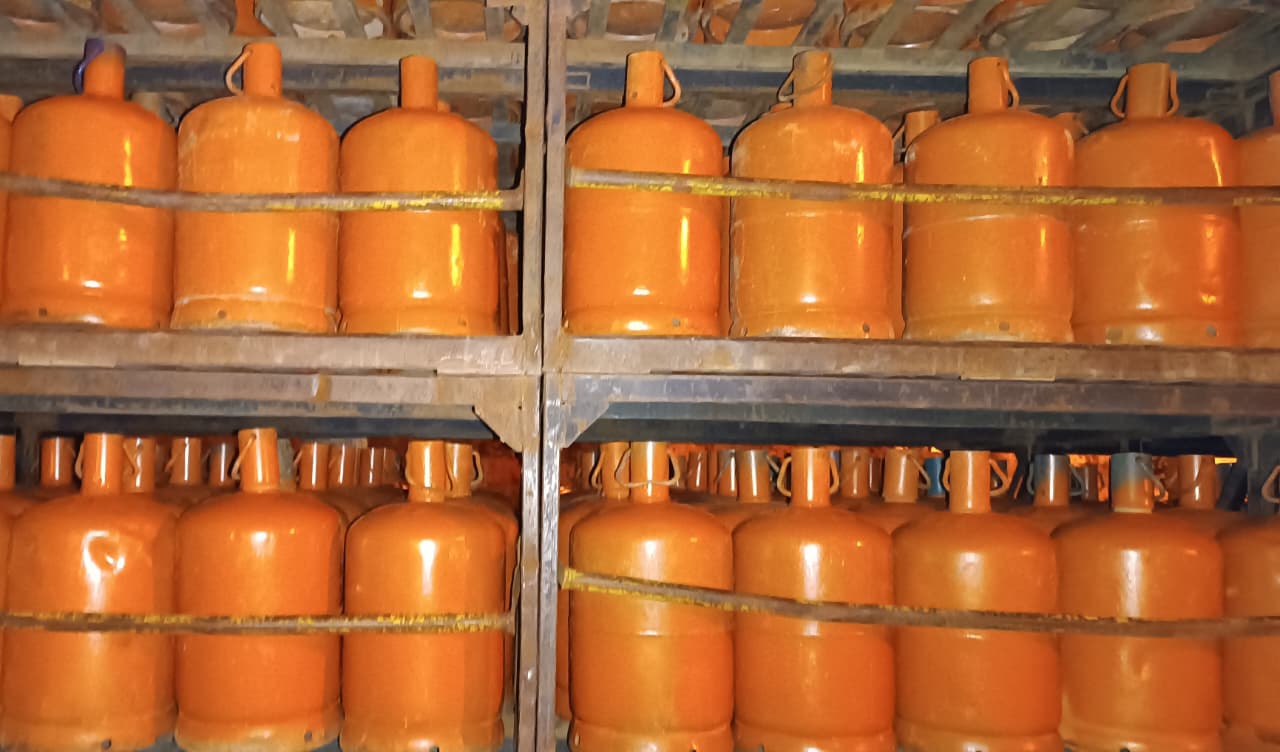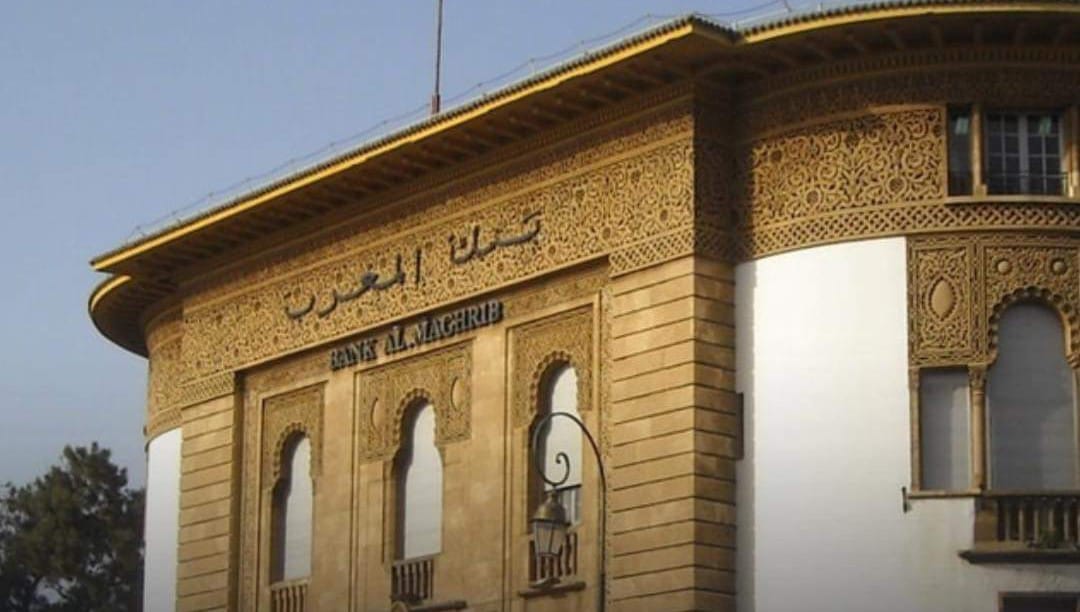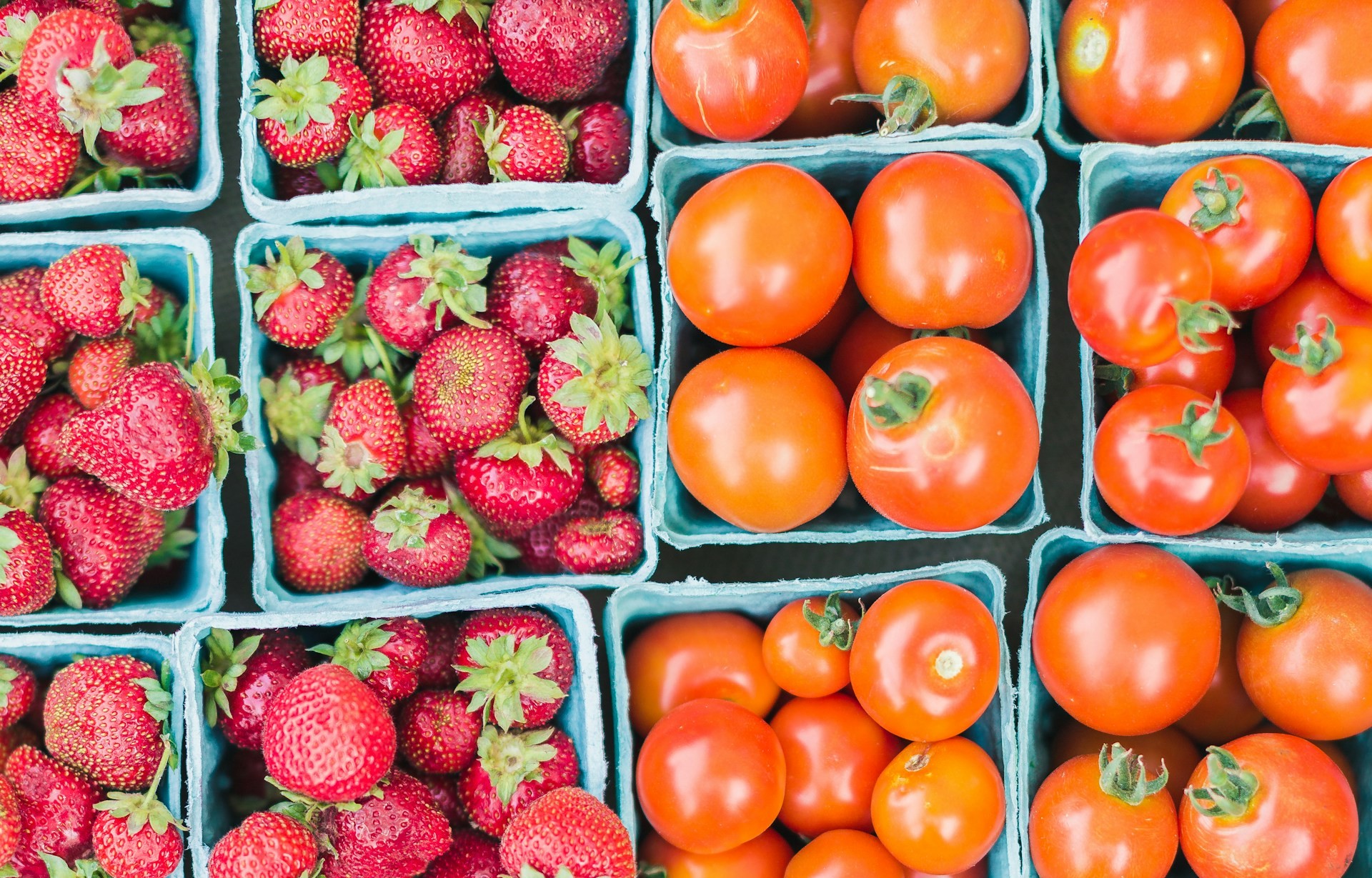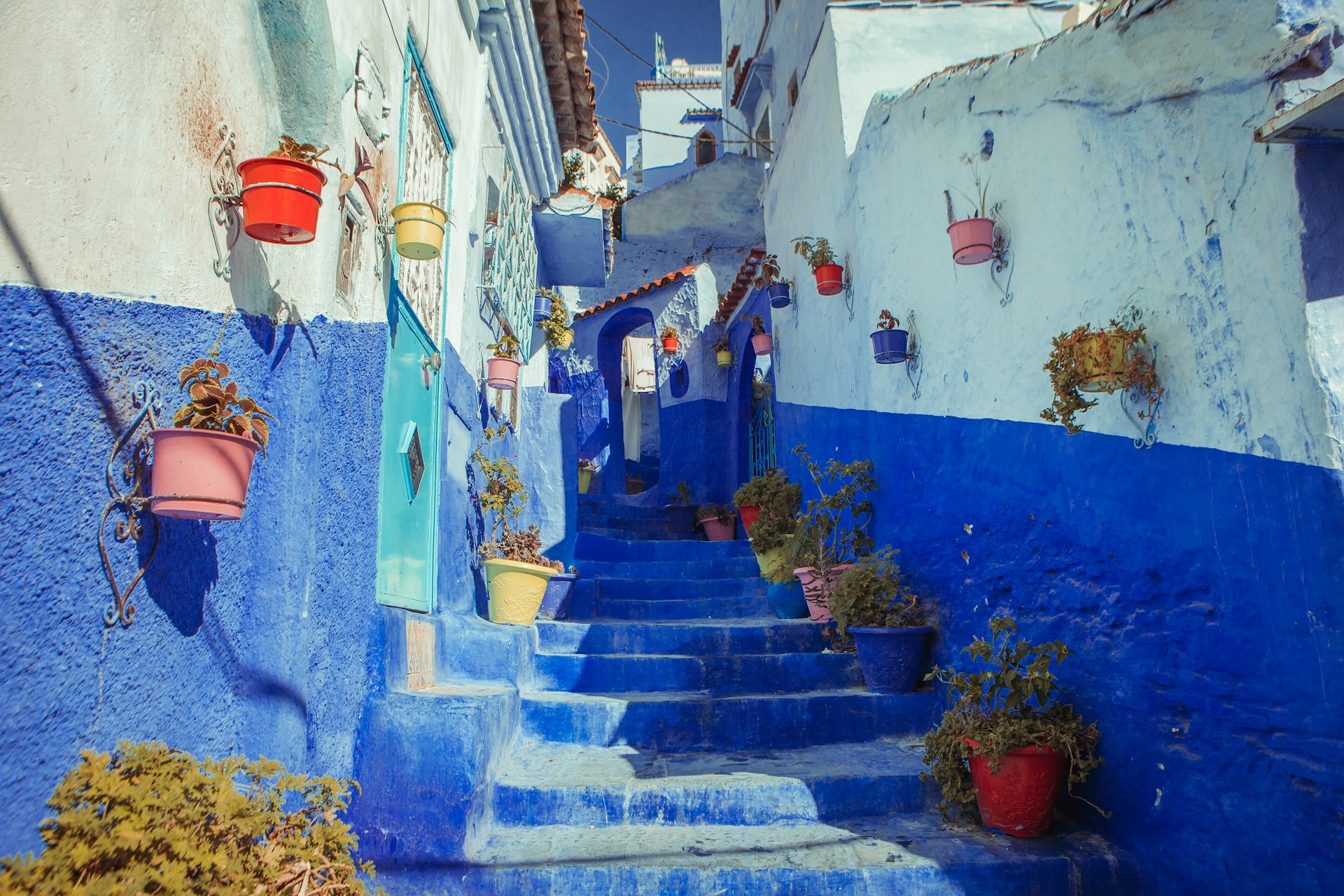Casablanca – Moroccan citrus is making a significant mark on the Russian market as importers look for reliable alternatives to Turkish and Egyptian lemons. With the disruption of Turkish exports and logistical challenges delaying Egyptian shipments, Morocco is stepping in as a strong contender, just in time for the spring season.
For Russian importers, particularly those focusing on citrus fruits, the search for new supply sources has become a priority. Turkish lemon exports were temporarily halted due to a combination of poor weather conditions and low harvest yields, leading to a dramatic reduction in available supply. Meanwhile, Egyptian shipments, though still available, are facing considerable delays at ports and increased shipping costs, further complicating the situation. As a result, many Russian importers have turned their attention to alternative suppliers, with Morocco quickly emerging as a standout option due to its consistent quality, favorable climate, and well-established production capabilities.
The demand for Moroccan lemons in Russia is growing, particularly in regions like Rostov, which is known for being a major citrus-consuming area in southern Russia. As the citrus market adjusts to the shortage of Turkish lemons, prices are already showing signs of a significant increase. Local reports indicate that the cost of lemons could rise by up to 25% in the coming weeks. Wholesale prices for Turkish lemons have spiked from $1.47–$1.58 per kilogram to about $1.89, while retail prices have surged as well, now ranging between $2.32 and $2.42 per kilogram. Premium varieties, which are often sought after by consumers for their superior quality, can reach as high as $3.68 per kilogram.
On the other hand, Egyptian lemons are facing challenges in terms of both price and quality. Although they cost approximately $2.11 per kilogram, they are often arriving unripe and excessively sour, making them less appealing to Russian consumers. These lemons are also suffering from delays in shipping and port congestion, further contributing to their increased cost. Despite these obstacles, the lemon supply situation in Russia remains critical, with importers struggling to meet demand.
As the spring season progresses, such shifts in citrus supply routes are a natural part of the market cycle. Typically, this is the time when lemons from Morocco, Argentina, and South Africa begin to gain more ground in Russia, as the demand for fresh citrus continues to rise. If Turkish exports remain limited, Russian traders are expected to adapt quickly and source lemons from new suppliers.
Russian importers are already exploring new citrus supply chains from a variety of countries, including Morocco, Azerbaijan, Uzbekistan, Argentina, and South Africa. However, Morocco stands out as one of the most attractive options due to several key advantages. Moroccan lemons are renowned for their high quality, excellent flavor, and optimal ripeness, qualities that distinguish them from other available alternatives. The country’s lemon production is highly regarded for its consistency, with Moroccan farmers having developed a robust citrus industry capable of meeting the demands of global markets. This reliability and reputation for quality make Moroccan lemons a natural choice for Russian importers who are looking for a dependable supply in the face of challenges with other producers.
The shift toward Moroccan citrus is also being driven by the rising demand for premium fruit in the Russian market. As Russian consumers increasingly look for higher-quality produce, Moroccan lemons, with their favorable flavor profile and appealing appearance, are well-suited to meet these expectations. In fact, some experts believe that the quality of Moroccan lemons is helping them gain a competitive edge over other suppliers, including Turkish and Egyptian producers, whose products are being affected by weather conditions and logistical issues.
As the global citrus supply chain continues to shift, Moroccan lemons are strategically positioned to take advantage of this unforeseen opportunity. What began as a disruption in traditional citrus supply routes is turning into a potential breakthrough for Moroccan producers, as Russian importers begin to recognize the value and reliability of Moroccan citrus. With a consistent and high-quality product, Morocco is well on its way to establishing a stronger foothold in one of the world’s most demanding produce markets, further solidifying its reputation as a leading citrus exporter.
For Morocco, this represents a significant opportunity to expand its influence in the Russian market and potentially increase its share of global citrus exports. As Russian importers adjust to the changing dynamics of the citrus supply chain, Moroccan lemons are well-positioned to fill the void left by disruptions in other markets. The combination of favorable weather conditions, established production practices, and a growing reputation for quality makes Morocco an increasingly important player in the global citrus industry.
















